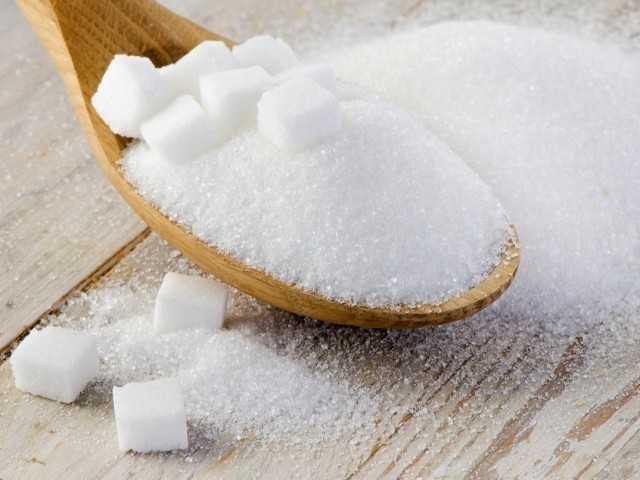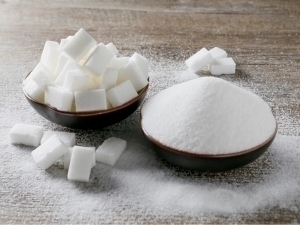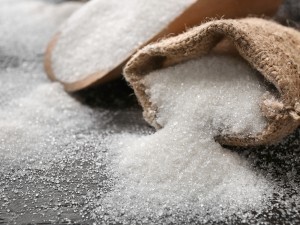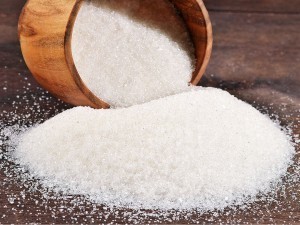Why are sugar prices rising in Uzbekistan? The Ministry issues an official statement
Local
−
02 June 2022 19807 4 minutes
Today, many reports are being shared on social networks about the rise in sugar prices in the markets of Uzbekistan. The press service under the Ministry of Economic Development and Poverty Reduction commented on the price of sugar.
According to the statement from the Ministry based on the report of the State Statistics Committee, today the average price of 1 kg of sugar on the domestic market is in the range of 9,500 to 13,000 som, and in some commercial points, there is an increase in sugar prices up to 14,000 soms.
At the same time, along with the rise in the price of sugar in other CIS member states and countries further abroad by 52% (from 14,000 soms to 21,000 soms in som equivalent), there is a problem with deficiency of this product.
“Rising prices in neighboring and other CIS countries, in turn, is one of the factors that influence the growth of inflation expectations on sugar prices in the domestic market of Uzbekistan among the population and entrepreneurs.
In a market economy, as well as in the condition of the expansion and liberalization of foreign trade cooperation between the Uzbekistan economy and the economies of the common region and other countries, it is virtually impossible to maintain domestic prices that are very different from those of neighboring countries.
In particular, even though the volume of sugar production in the country between January-May this year increased by 35 thousand tons or 16% (increased from 224 thousand tons to 259 thousand tons) compared to the same period last year, the volume of supply increased, (Exchange sales increased from 177,000 tons to 186,000 tons) sugar prices have risen, mainly due to external factors,”-stated in the comment of the Ministry.
It is noted that the rise in sugar prices is primarily due to transport and logistics problems in the supply of this product and raw materials to the central Asian region, as well as to the rise in fuel prices. In particular, the price of sugar on the London Stock Exchange today rose by 15%, (from $500 to $575) and the cost of shipping it to Uzbekistan increased from $173 to $271 or 57% per ton.
As a result, it is estimated that the cost of sugar (excluding customs duties and taxes) for delivery to the border of the Republic of Uzbekistan under DAP Uzbekistan terms has increased from $674 at the beginning of the year to $840 or 25%.
“The closure of traditional seaports and the low capacity of alternative ports create additional costs associated with the long storage of cargo. In this context, the exporting countries in the region, as well as India, have imposed restrictions on exports of the project,”- said the report of the Ministry.
For reference, according to the relevant decision of the Russian government dated 14 March 2022, until 31 August 2022, according to the order of the Minister of Agriculture of Kazakhstan dated 4 May 2022, for a period of 6 months, as well as based on the decision of India government, from 25 May 2022, the restrictions have been imposed on sugar exports.
It is noted that measures are being taken in Uzbekistan to prevent a shortage of sugar and a sharp rise in its price in the future.
According to the Ministry, there is no shortage of sugar in the country, and all the reserves to saturate the domestic market with sugar by the end of the year have been created, including:
• to ensure price stability in the face of seasonal increases in demand for sugar (fruit and vegetable canning season), the volume of sugar on the stock exchange will be increased to 50% from June this year. In particular, the volume of sugar traded on the stock exchange will increase from the current 2,000 tons to 3,000 tons.
• sugar production in the current year will amount to 720,000 tons or 22% more than last year. At the same time, the volume of imports of sugar and its raw materials will increase from 643 thousand tons last year to 900 thousand tons. As a result, by the end of this year, the balance of sugar produced and imported is expected to exceed 118,000 tons.
Live
All



